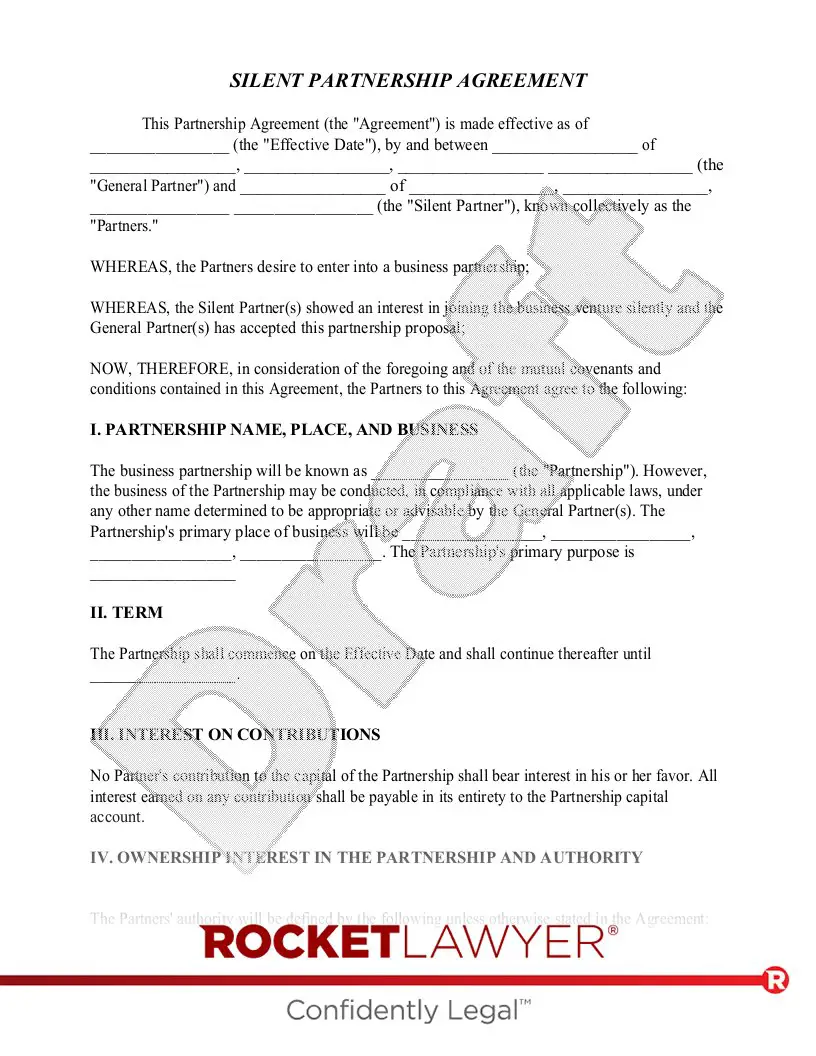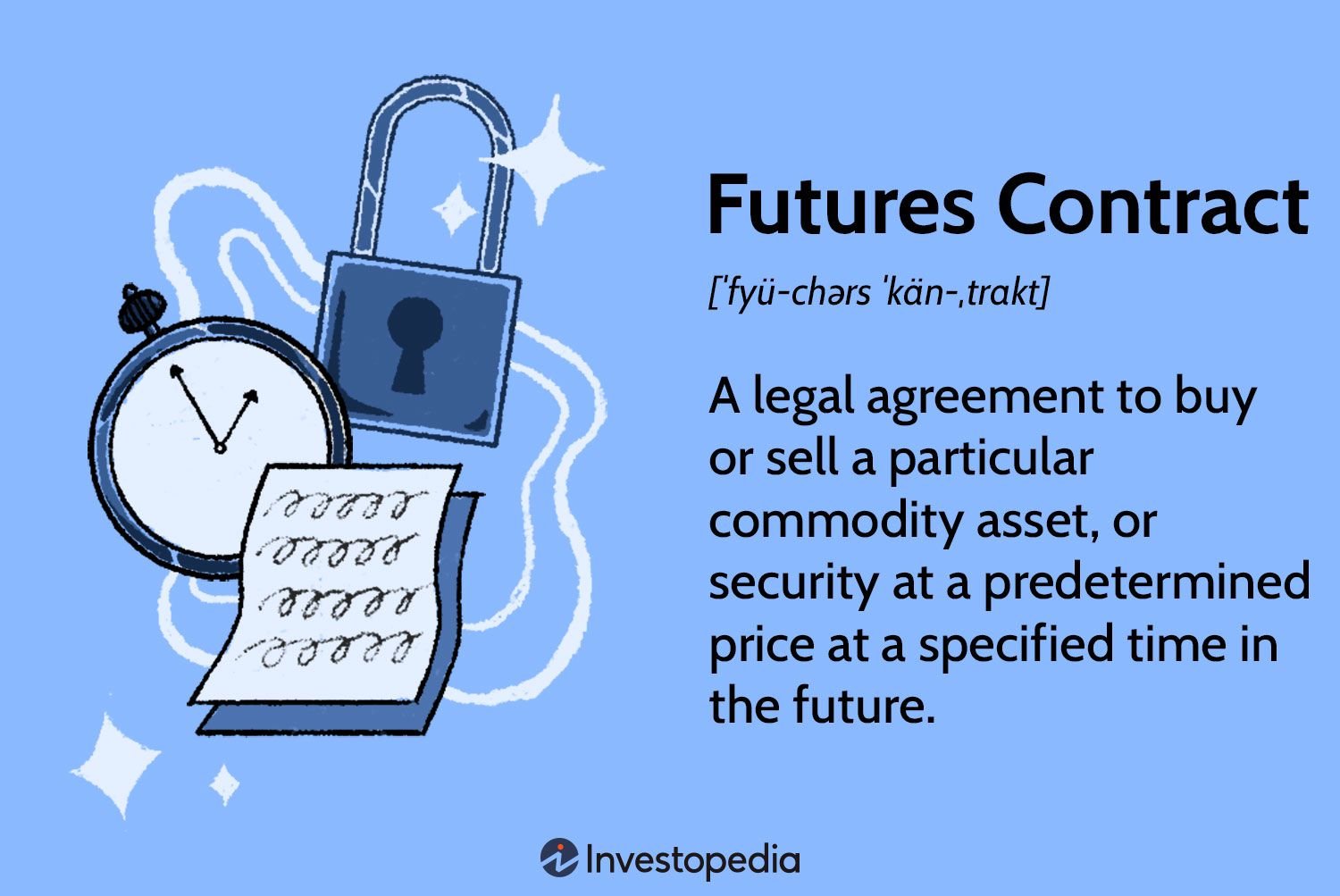Are you curious about the concept of a silent partner? Wondering what it entails and how it can benefit your business? Well, you’ve come to the right place! A silent partner, as the name suggests, is someone who invests in a business but remains silent in its day-to-day operations. They provide capital and expertise without actively participating in the management. Understanding the concept of a silent partner can be vital for entrepreneurs seeking financial support without giving up control. In this article, we will delve into the ins and outs of this intriguing partnership arrangement. Let’s dive in!
Understanding the Concept of a Silent Partner
A silent partner is a term often used in the business world, but what exactly does it mean? In this article, we will explore the concept of a silent partner, discussing their role, responsibilities, and benefits. Whether you’re an aspiring entrepreneur or interested in investing in a business, understanding the dynamics of a silent partnership can be crucial. So, let’s dive in and uncover the details!
What is a Silent Partner?
A silent partner, also known as a sleeping partner or an inactive partner, is an individual who invests capital into a business venture but does not participate in its day-to-day operations or management. Unlike active partners who are actively involved in running the business, silent partners prefer to take a more passive role.
Silent partners contribute funds to the business in exchange for a share of the profits. They may be individuals, companies, or even investment firms looking to diversify their portfolios. As the name suggests, silent partners remain behind the scenes, allowing the active partners to run the business without interference.
The Role of a Silent Partner
Silent partners play a vital role in many business ventures. While they may not actively participate in the operations, they provide financial support that is often crucial for the success of the business. Here are some key aspects of a silent partner’s role:
1. Capital Investment:
One of the primary roles of a silent partner is to invest capital into the business. This infusion of funds helps the business cover various expenses such as startup costs, inventory, equipment, marketing, and more. Without the financial support of silent partners, many businesses would struggle to get off the ground or expand.
2. Risk Sharing:
Silent partners shoulder a portion of the risk associated with the business. By investing their capital, they are exposing themselves to potential losses if the business fails. However, they also have the opportunity to share in the profits generated by the business. This risk-reward balance attracts investors looking for long-term gains without active involvement.
3. Limited Liability:
One significant advantage of being a silent partner is limited liability. Unlike active partners or sole proprietors, silent partners are not personally responsible for the debts or legal obligations of the business. This means their personal assets are protected in case the business faces financial difficulties or legal issues.
How Does a Silent Partnership Work?
Now that we understand the role of a silent partner let’s explore how a silent partnership typically works:
1. Agreement and Investment:
A silent partnership begins with an agreement between the active partners and the silent partner. The agreement outlines the terms and conditions of the partnership, including the percentage of ownership, profit-sharing arrangements, and the duration of the partnership. The silent partner then invests their capital into the business as agreed upon.
2. Passive Involvement:
Once the partnership is established, the silent partner takes on a passive role. They typically do not participate in the day-to-day operations, decision-making, or other managerial activities of the business. Instead, their focus is on providing financial support and reaping the benefits of their investment.
3. Profit Sharing:
The profits generated by the business are distributed among the partners according to the agreed-upon terms. The silent partner receives a share of the profits based on their ownership percentage. This ensures that they benefit from the success of the business without actively contributing to its operations.
4. Reporting and Transparency:
To maintain transparency and keep the silent partner informed, the active partners often provide regular financial reports and updates. These reports can include details on the financial health of the business, important decisions, and any significant developments. This helps build trust and ensures that silent partners are kept in the loop regarding key aspects of the business.
The Benefits of Being a Silent Partner
Silent partnerships offer several benefits for both the silent partner and the active partners. Let’s explore some of the advantages:
1. Passive Income:
As a silent partner, you have the opportunity to earn passive income. By investing in a promising business, you can receive a share of the profits without getting actively involved in its operations. This allows you to diversify your income streams and potentially earn money even while focusing on other ventures or commitments.
2. Limited Liability:
Silent partners enjoy limited liability, as mentioned earlier. This means their personal assets are protected in case the business fails or faces legal issues. Unlike active partners, who may be personally liable for the business’s debts, silent partners can maintain a level of financial security.
3. Expertise and Networks:
Active partners often bring valuable expertise and networks to the business. As a silent partner, you can benefit from their knowledge and connections without having to invest significant time and effort. This can be particularly advantageous if the active partners have a strong track record or extensive industry experience.
4. Passive Involvement:
For individuals who prefer a more hands-off approach, a silent partnership allows them to be involved in a business without the day-to-day responsibilities. This can be appealing for busy professionals or investors who want to diversify their portfolio without taking on additional workload.
In summary, a silent partner is an individual or entity that invests capital into a business venture without actively participating in its operations. They provide financial support, share in the profits, and enjoy limited liability. Silent partnerships can be beneficial for both the silent partner and the active partners, offering passive income, expertise, networks, and a level of financial security. By understanding the concept of a silent partner, aspiring entrepreneurs and potential investors can make informed decisions and explore opportunities for collaboration in the business world.
Understanding Silent Partner
Frequently Asked Questions
Frequently Asked Questions (FAQs)
What is the concept of a silent partner?
A silent partner, also known as a sleeping partner, is an individual or entity that invests capital into a business but does not participate in the day-to-day operations or management of the company.
How does a silent partner differ from an active partner?
A silent partner differs from an active partner in that they do not take part in the decision-making process or contribute to the daily operations of the business. Instead, they provide financial support and share in the profits and losses of the company.
What is the purpose of having a silent partner?
The purpose of having a silent partner is to secure additional capital for a business without requiring active involvement or participation in the management. Silent partners often provide financial resources to help the company grow and expand.
What are the benefits of being a silent partner?
As a silent partner, you can enjoy potential financial returns generated by the business without the obligations and responsibilities of active participation. It allows you to passively invest in various ventures and diversify your investment portfolio.
Can a silent partner have any liability?
Yes, a silent partner can have liability, but it is generally limited to the extent of their investment in the business. Unlike active partners, silent partners are not typically personally liable for the company’s debts or legal obligations.
What rights does a silent partner have?
A silent partner typically has the right to share in the profits and losses of the business based on the agreed-upon terms. They may also have the right to review financial statements, participate in major decisions, and inspect the company’s books and records.
How is the role of a silent partner determined?
The role of a silent partner is usually determined through a partnership agreement or a legal contract that specifies their rights, obligations, and level of involvement. The agreement outlines the terms of the partnership, including profit-sharing, decision-making, and exit strategies.
What are some considerations before becoming a silent partner?
Before becoming a silent partner, it is essential to thoroughly evaluate the business opportunity, review financial statements, and understand the potential risks involved. It is also crucial to have a clear agreement in place that outlines your rights, responsibilities, and exit options.
Final Thoughts
Understanding the concept of a silent partner is crucial in navigating business partnerships successfully. A silent partner is an investor who contributes capital to a business but does not take an active role in its management or daily operations. This arrangement allows the silent partner to share in the profits and losses without engaging in the day-to-day decision-making processes. By having a clear understanding of the responsibilities and expectations associated with a silent partner, entrepreneurs can make informed decisions about partnership structures and ensure effective communication and collaboration. In essence, comprehending the role and significance of a silent partner is essential for fostering productive and mutually beneficial business relationships.



